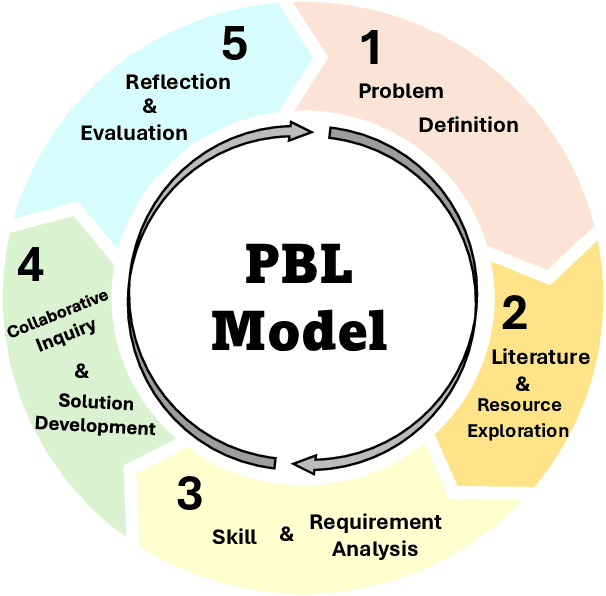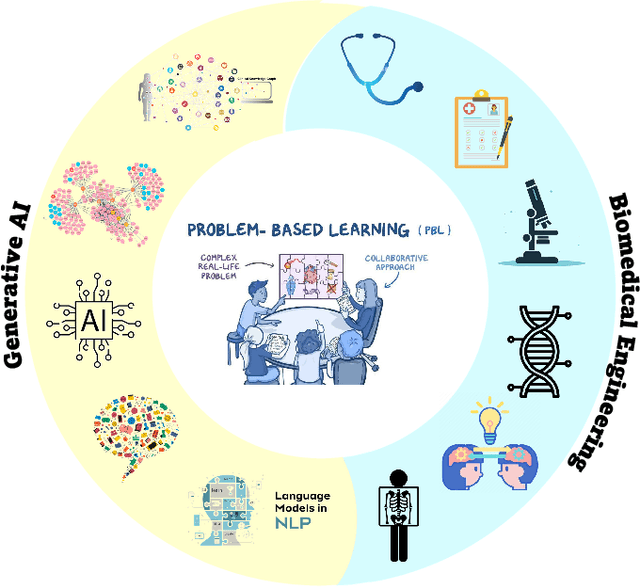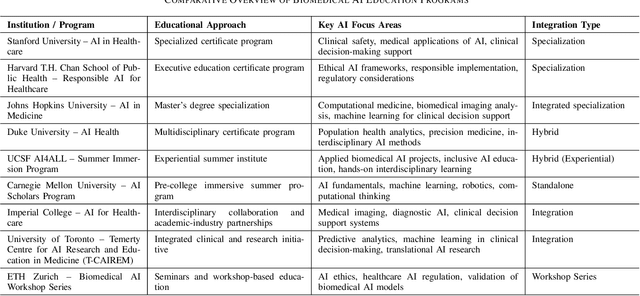J. Ben Tamo
LinguaMap: Which Layers of LLMs Speak Your Language and How to Tune Them?
Jan 27, 2026Abstract:Despite multilingual pretraining, large language models often struggle with non-English tasks, particularly in language control, the ability to respond in the intended language. We identify and characterize two key failure modes: the multilingual transfer bottleneck (correct language, incorrect task response) and the language consistency bottleneck (correct task response, wrong language). To systematically surface these issues, we design a four-scenario evaluation protocol spanning MMLU, MGSM, and XQuAD benchmarks. To probe these issues with interpretability, we extend logit lens analysis to track language probabilities layer by layer and compute cross-lingual semantic similarity of hidden states. The results reveal a three-phase internal structure: early layers align inputs into a shared semantic space, middle layers perform task reasoning, and late layers drive language-specific generation. Guided by these insights, we introduce selective fine-tuning of only the final layers responsible for language control. On Qwen-3-32B and Bloom-7.1B, this method achieves over 98 percent language consistency across six languages while fine-tuning only 3-5 percent of parameters, without sacrificing task accuracy. Importantly, this result is nearly identical to that of full-scope fine-tuning (for example, above 98 percent language consistency for both methods across all prompt scenarios) but uses a fraction of the computational resources. To the best of our knowledge, this is the first approach to leverage layer-localization of language control for efficient multilingual adaptation.
LLM-as-RNN: A Recurrent Language Model for Memory Updates and Sequence Prediction
Jan 19, 2026Abstract:Large language models are strong sequence predictors, yet standard inference relies on immutable context histories. After making an error at generation step t, the model lacks an updatable memory mechanism that improves predictions for step t+1. We propose LLM-as-RNN, an inference-only framework that turns a frozen LLM into a recurrent predictor by representing its hidden state as natural-language memory. This state, implemented as a structured system-prompt summary, is updated at each timestep via feedback-driven text rewrites, enabling learning without parameter updates. Under a fixed token budget, LLM-as-RNN corrects errors and retains task-relevant patterns, effectively performing online learning through language. We evaluate the method on three sequential benchmarks in healthcare, meteorology, and finance across Llama, Gemma, and GPT model families. LLM-as-RNN significantly outperforms zero-shot, full-history, and MemPrompt baselines, improving predictive accuracy by 6.5% on average, while producing interpretable, human-readable learning traces absent in standard context accumulation.
Advancing Problem-Based Learning in Biomedical Engineering in the Era of Generative AI
Mar 20, 2025



Abstract:Problem-Based Learning (PBL) has significantly impacted biomedical engineering (BME) education since its introduction in the early 2000s, effectively enhancing critical thinking and real-world knowledge application among students. With biomedical engineering rapidly converging with artificial intelligence (AI), integrating effective AI education into established curricula has become challenging yet increasingly necessary. Recent advancements, including AI's recognition by the 2024 Nobel Prize, have highlighted the importance of training students comprehensively in biomedical AI. However, effective biomedical AI education faces substantial obstacles, such as diverse student backgrounds, limited personalized mentoring, constrained computational resources, and difficulties in safely scaling hands-on practical experiments due to privacy and ethical concerns associated with biomedical data. To overcome these issues, we conducted a three-year (2021-2023) case study implementing an advanced PBL framework tailored specifically for biomedical AI education, involving 92 undergraduate and 156 graduate students from the joint Biomedical Engineering program of Georgia Institute of Technology and Emory University. Our approach emphasizes collaborative, interdisciplinary problem-solving through authentic biomedical AI challenges. The implementation led to measurable improvements in learning outcomes, evidenced by high research productivity (16 student-authored publications), consistently positive peer evaluations, and successful development of innovative computational methods addressing real biomedical challenges. Additionally, we examined the role of generative AI both as a teaching subject and an educational support tool within the PBL framework. Our study presents a practical and scalable roadmap for biomedical engineering departments aiming to integrate robust AI education into their curricula.
 Add to Chrome
Add to Chrome Add to Firefox
Add to Firefox Add to Edge
Add to Edge